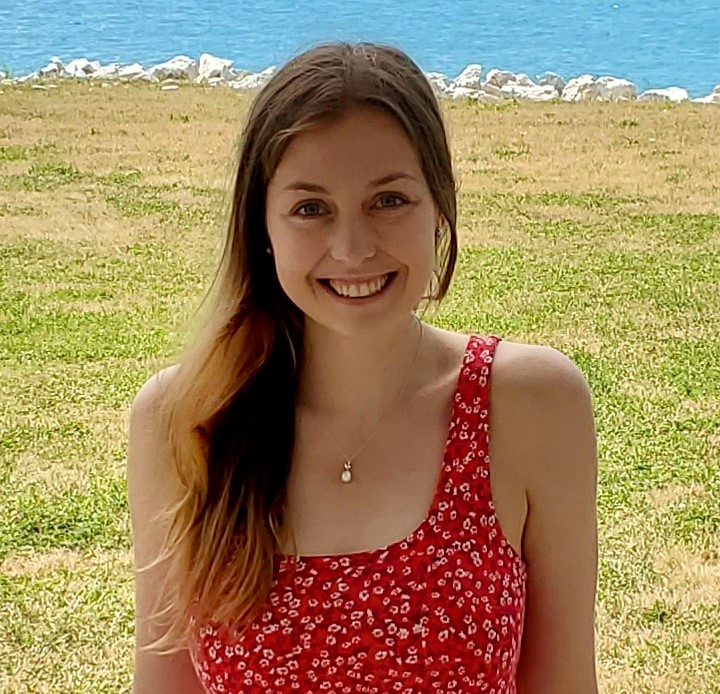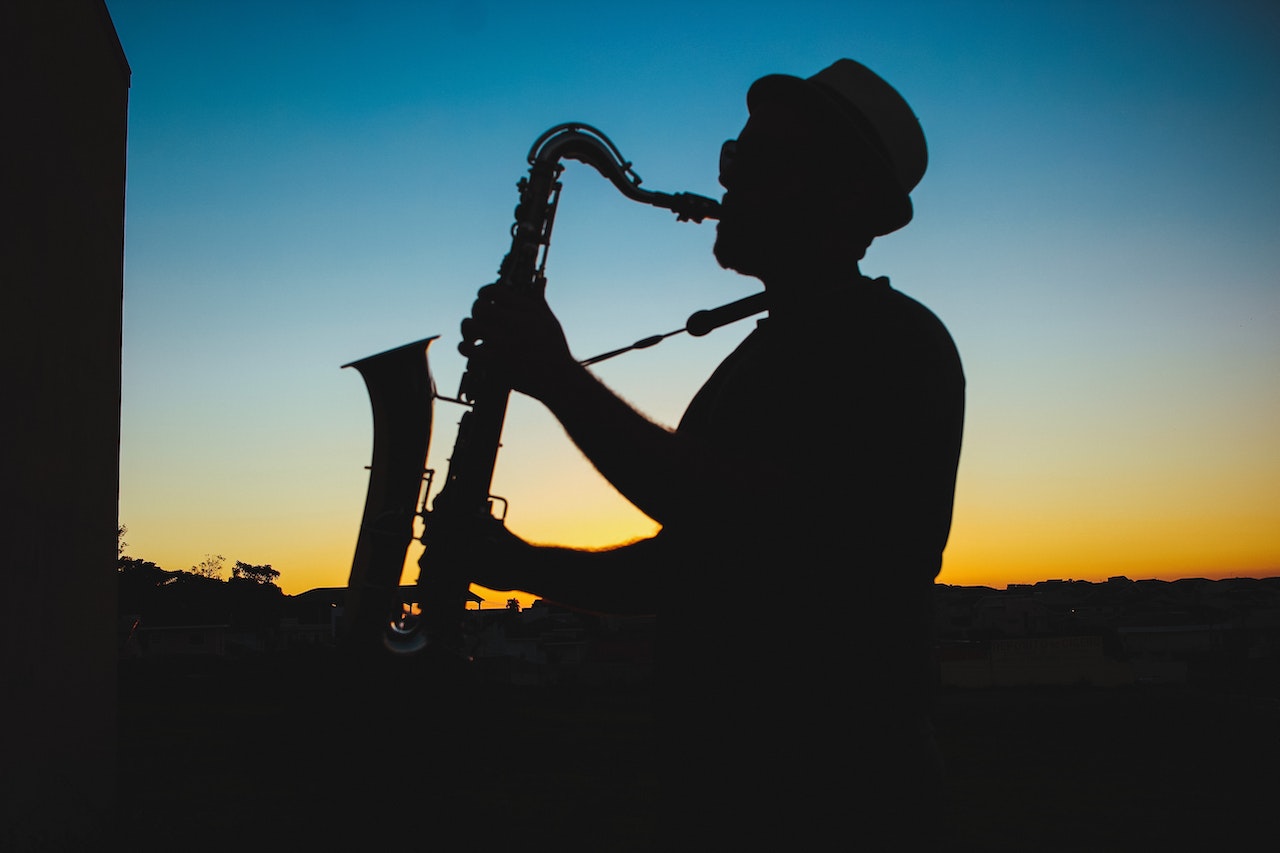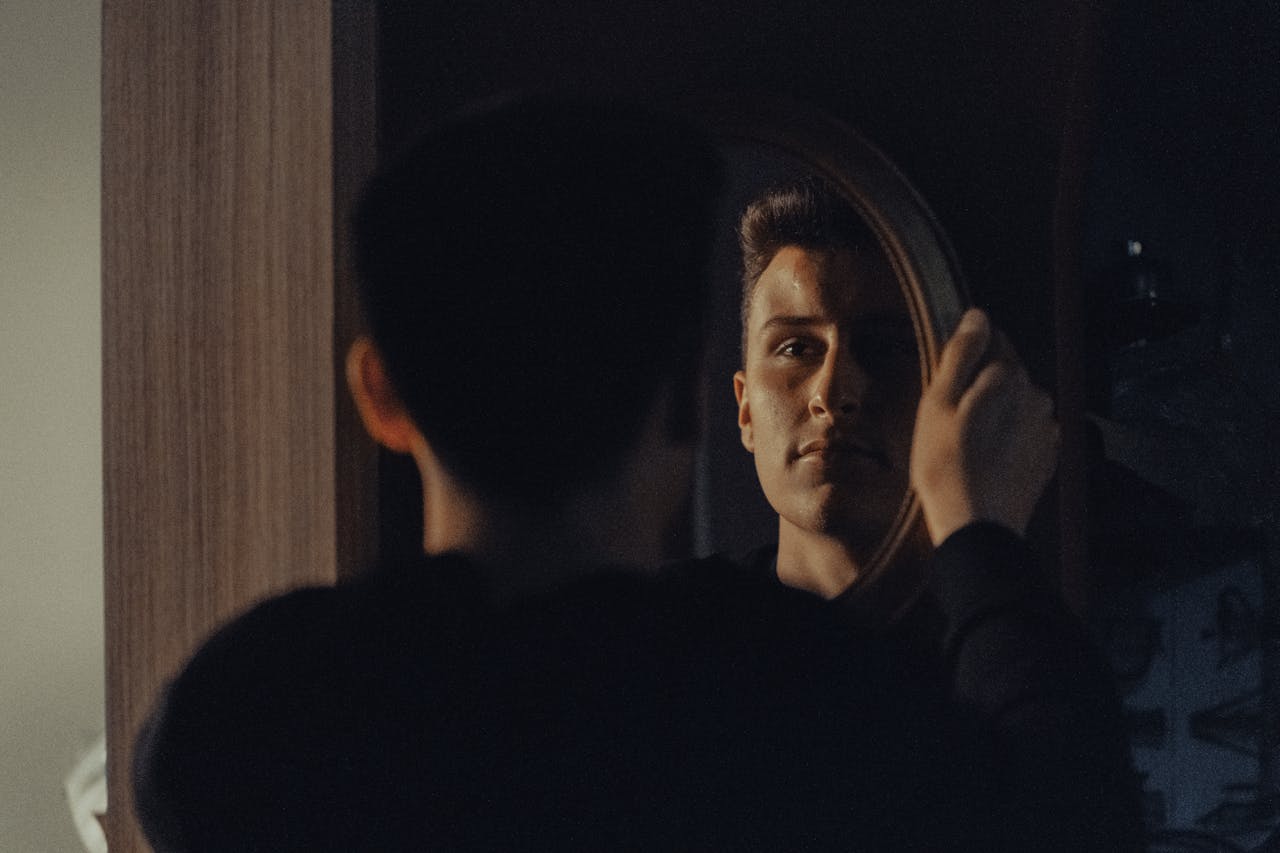BY SHAYNA LEWIS
My music career ended at age 15.
I’d just finished my second year of high school. As a music student, I’d been automatically added to the school band, meaning that my bari sax and I had also attended two years of weekly 7 a.m. rehearsals.
Those mornings were actually pretty fun, but I still felt like the band’s weak link. My bandmates were insanely talented, and I didn’t think my mediocrity was worth keeping around anymore. Plus, I had enough half-credits to take a spare the following year, meaning I could have a breather without subjecting the world to my brass squawks. Win-win.
It worked out for the best. I was too stiff to be a musician. I was so preoccupied with mimicking the notes exactly as they read on the page that I couldn’t inject my own pizzazz into the piece. It may have been easy for my teachers to grade, but it was far from inspiring music.
A part of me fears that my ghostwriting work has taken me down a similar path.
I write words for other people, meandering into the minds of folks I’ve never met and speaking on their behalf. It’s a wildly daunting but rewarding experience to help someone find their voice.
And yet, I can’t seem to find my own.
I’ve lost count of the number of times I’ve thought to myself, Hey, I should see what writing contests are out there. Maybe I could submit some original work for consideration.So, I browse through a few contest lists, open a Google Doc, and …
Blank.
Motivation zapped. Plagued with apathy and exhaustion, I scroll through social media until my day is wasted.
Why is it so hard to write for myself? On some days, I feel creatively bankrupt. On other days, I kid myself into thinking I know how to use a semicolon. In both cases, I grow close to giving up altogether.
One day, in the midst of throwing myself a pity party, I came across a quote from musician Miles Davis: ‘Man, sometimes it takes you a long time to sound like yourself.’
I sat up in my chair. Pity party over.
It wasn’t a quote that exclusively dealt with writing, so what made this the best piece of writing advice I’d ever heard?
For starters, it helped me realise that art from the heart takes time. I’d been chastising myself for writing entire books without knowing my own voice or ‘sound’, but people spend lifetimes figuring that out. Struggling to find my sound isn’t an indictment against me; if anything, it just means I’m trying to become an artist (did I use that semicolon properly?).
But this quote also gave me a lot of hope to know that my sound is still out there. Miles Davis had access to the same notes as anyone else, but he combined them to create music that was so distinctly his. Similarly, everyone has access to words and grammatical rules, but we all have a unique way of stringing them together. Writers enter their characters’ psyches to convey the themes that touch their hearts, granting us the privilege of better understanding the world and people within it.
We can be inspired by other styles, but everyone – even a ghost – has their own sound.
Clinging to this truth, I’ve reopened that nuisance of a Google Doc. This time, though, I’m not trying to fill it with mere words, but with sound. It’ll take the rest of my life to learn how to do that, but I think it’s worth the pursuit.
About the Author

Shayna Lewis is a Canadian freelance ghostwriter who has previously worked as a script consultant and communications officer. She continues to explore her love of writing with the goal of publishing her first book under her own name. Shayna’s public portfolio can be found at https://shaynalewis.weebly.com/.
Shayna was a finalist in the June 2023 My Writing Journey Competition.











